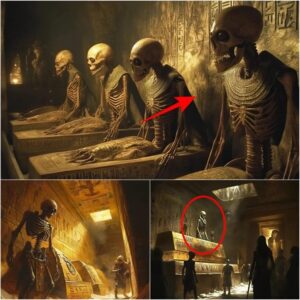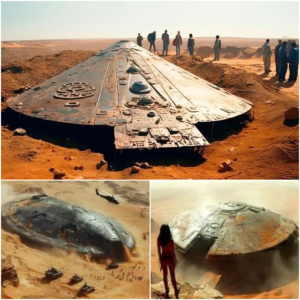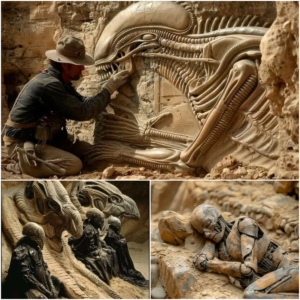The claim that punishment for women in an ancient empire 100,000 years ago involved being chained by the neck and buried alive underground lacks credible historical evidence. Such a practice would be considered extreme and inhumane by contemporary standards and would likely leave behind significant archaeological evidence if it became widespread.

It is important to approach claims about ancient practices with skepticism and rely on verifiable evidence from credible historical sources. While ancient civilizations had various forms of punishment for crimes or disobedience, the specific punishment described in your statement does not align with known historical practices from that period.

Furthermore, claims about events or customs dating back 100,000 years are difficult to verify due to the limited availability of archaeological evidence and the lack of written records from that time. While archaeological research can provide insight into ancient societies, specific details about social norms and practices from such distant periods are often speculative and subject to interpretation.


When exploring ancient history, it is crucial to evaluate claims with a critical and evidence-based approach. The idea that women were punished in such extreme ways as being chained around the neck and buried alive 100,000 years ago in an ancient empire lacks a solid foundation in contemporary historiography and archaeology.


Historical and archaeological studies allow us to understand how ancient civilizations structured their societies and applied justice. While it is true that forms of punishment varied widely depending on the culture and time, there are no records or archaeological findings that convincingly support the specific practice mentioned.
To better understand the social norms and legal systems of bygone eras, historians and archaeologists rely on a combination of material evidence (such as artifacts, structures, and human remains) and contemporary written sources, when available. However, when it comes to prehistoric societies or very ancient periods, the interpretation of archaeological evidence can be complex and subject to multiple theories.


It is important to note that harsh punishment practices such as those described would be considered extreme and inhumane by contemporary ethical and legal standards. This reinforces the need to critically analyse claims about the past, recognising the limitations of the available evidence and avoiding excessive extrapolations or sensationalist interpretations.
In short, while continued research can shed new light on ancient practices, extraordinary claims require extraordinary evidence. Maintaining a skeptical, evidence-based approach is critical to an accurate understanding of past societies.






